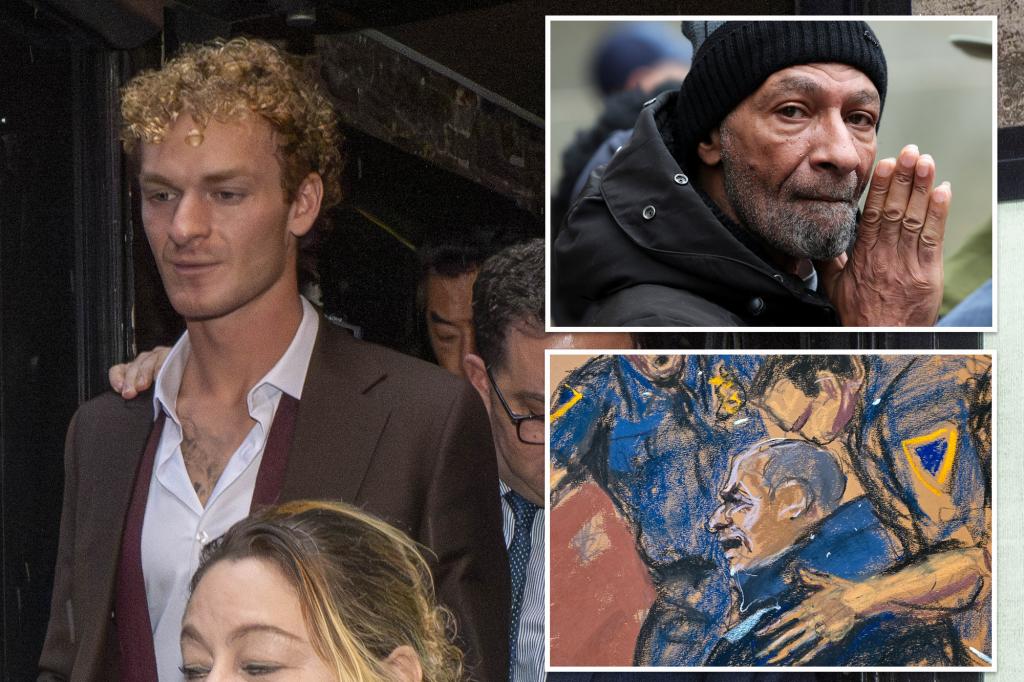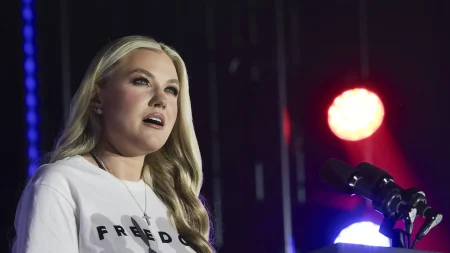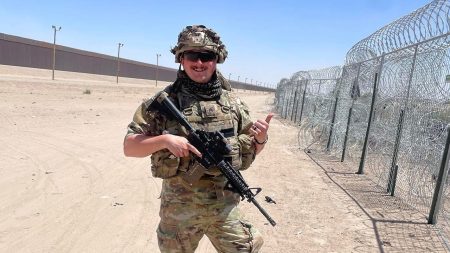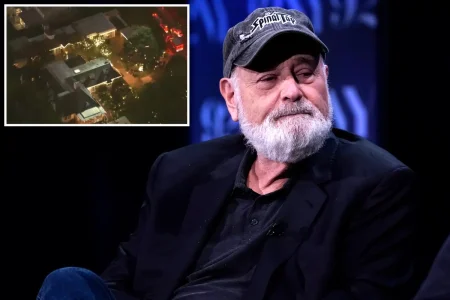Daniel Penny’s acquittal in the death of Jordan Neely, while a significant victory, marks only the first stage of his legal battle. He now faces a civil lawsuit filed by Neely’s father, Andre Zachary, presenting a new set of legal challenges and potentially significant financial repercussions. While a criminal trial demands proof beyond a reasonable doubt, the civil suit operates on a lower standard of “more likely than not,” shifting the playing field considerably. Penny’s defense will have to address the core issue of the force used, a question left unanswered during the criminal trial where Penny chose not to testify. This silence leaves a void in his narrative, a void the civil suit will undoubtedly seek to fill. The pressure to explain his actions, and justify the level of force applied, now intensifies in the civil arena.
The civil lawsuit, filed just days before the criminal verdict, alleges wrongful death and seeks unspecified damages. A jury of six Manhattan residents will determine the outcome if the case proceeds to trial, with five required for a verdict. Unlike the criminal trial, Penny will be compelled to participate in a deposition, likely videotaped, and may be called to testify if the case goes to court. This requirement poses a significant challenge for Penny, as he will have to directly address the circumstances surrounding Neely’s death under oath. His legal team must craft a compelling narrative that accounts for his actions without jeopardizing his position. Meanwhile, Zachary’s legal team expresses confidence, emphasizing the different standards of proof between the two proceedings and highlighting the question of excessive force as central to their case.
The backdrop of this legal battle is the complex and strained relationship between Jordan Neely and his father. While Andre Zachary is the plaintiff in the civil suit, reports indicate a fractured relationship marked by estrangement and conflict, particularly during the latter part of Neely’s life. Accounts suggest disputes over Neely’s earnings as a Michael Jackson impersonator contributed to the tension. This strained relationship adds another layer of complexity to the proceedings, potentially impacting the jury’s perception of both Zachary’s claim and the overall narrative of the case. While Zachary’s legal team downplays the impact of the criminal acquittal, the narrative of a strained familial relationship could influence the jury’s perception of the damages sought.
Legal experts offer differing perspectives on the impact of the criminal acquittal on the civil suit. Some argue the acquittal removes a significant hurdle, as a criminal conviction would have almost certainly resulted in civil liability. However, others caution that the lower burden of proof in civil cases and a fresh jury mean the outcome remains uncertain. The acquittal, while beneficial from a public relations standpoint, does not preclude a finding of negligence in the civil court. The jury in the civil case will be tasked with determining whether Penny’s actions, although not deemed criminally negligent, constitute negligence under civil law. This distinction in legal standards underscores the ongoing challenge Penny faces.
The case of O.J. Simpson serves as a prominent example of the divergent outcomes possible in criminal and civil trials. Simpson’s acquittal in the murder trial of his ex-wife and her friend did not prevent a subsequent civil judgment holding him liable for their deaths, resulting in a substantial financial penalty. While the circumstances differ, the Simpson case illustrates the potential for civil liability even in the absence of a criminal conviction. This precedent highlights the significant financial risks Penny faces, even after being cleared of criminal charges. The potential for a large monetary award in favor of Zachary looms large, adding further pressure to Penny’s defense.
John Q. Kelly, the attorney who represented Nicole Brown Simpson’s estate in the civil suit against O.J. Simpson, offers a nuanced perspective. He acknowledges the positive public relations impact of the acquittal for Penny but cautions against complacency. Kelly points out the potential for jurors in the civil case to view the incident differently, possibly perceiving Penny’s actions as excessive or reckless. This highlights the crucial task facing Penny’s defense: to convince a new jury that his actions, while resulting in a tragic death, did not meet the threshold of negligence under civil law. Penny’s legal team will need to present a compelling narrative that resonates with the jury and distinguishes the civil standard from the higher bar of criminal negligence.
Penny’s legal team maintains their commitment to vigorously defending him in the civil suit, emphasizing their unwavering stance. They reiterate their belief in Penny’s innocence and their determination to fight against what they consider an unjust prosecution. Their statement reinforces their commitment to a strong defense and suggests a strategy focused on portraying Penny’s actions as justified under the circumstances. The civil trial promises to be a closely watched legal battle, with significant implications for both Daniel Penny and the broader conversation surrounding self-defense and the use of force in public spaces.











